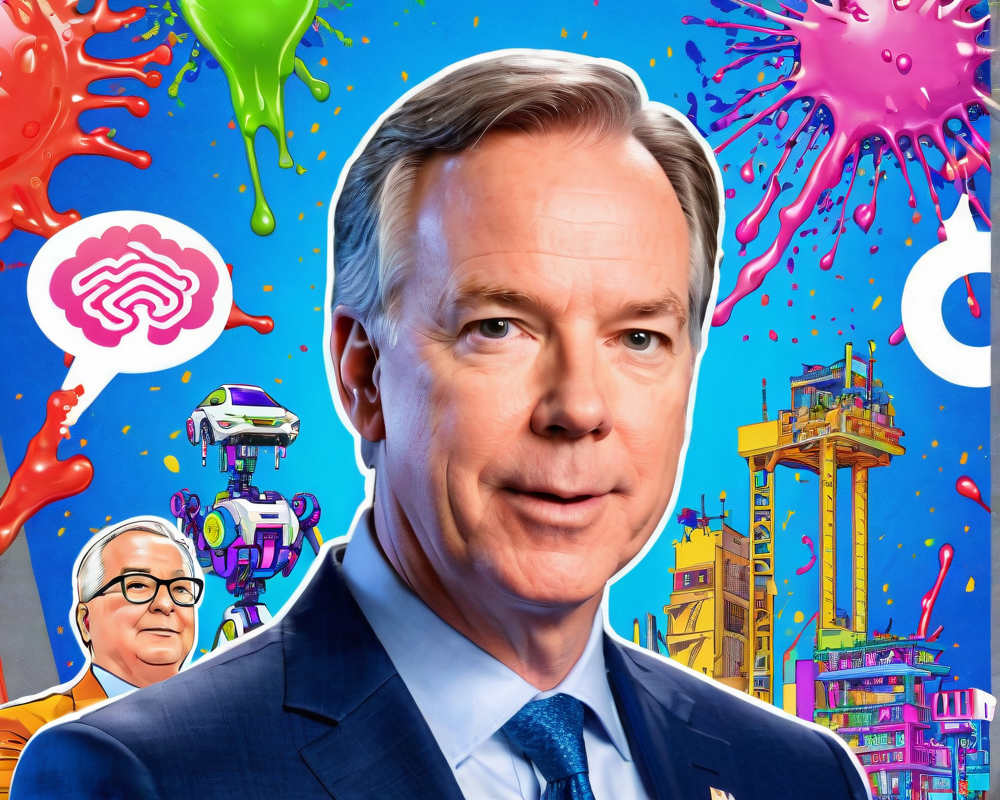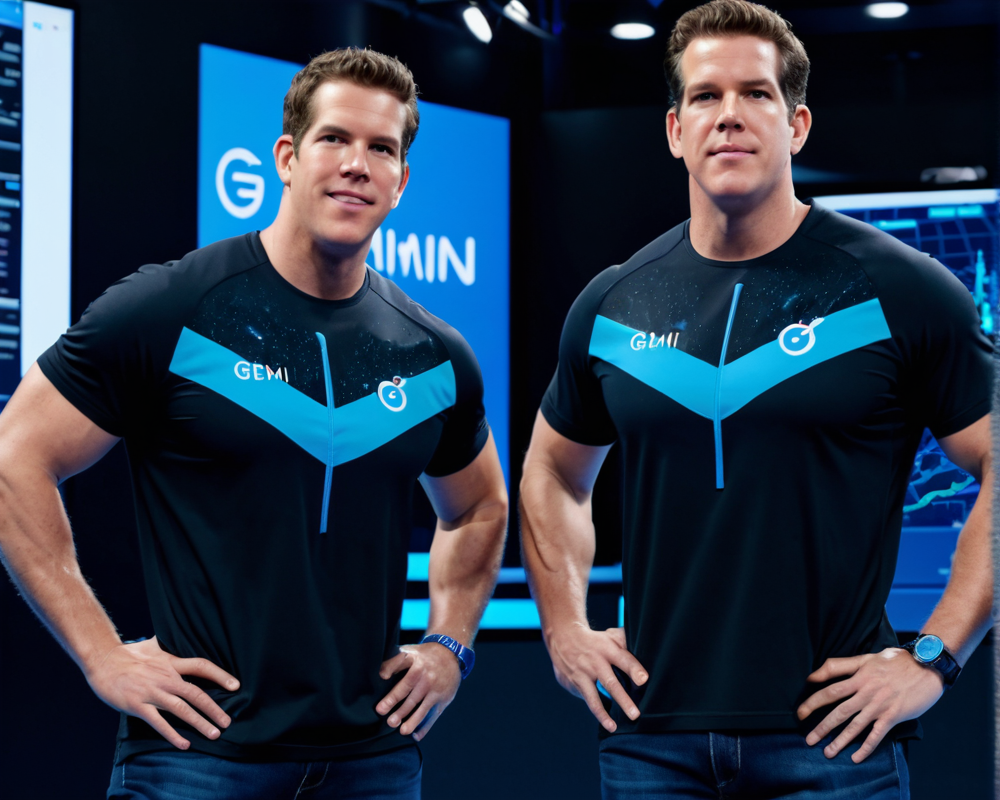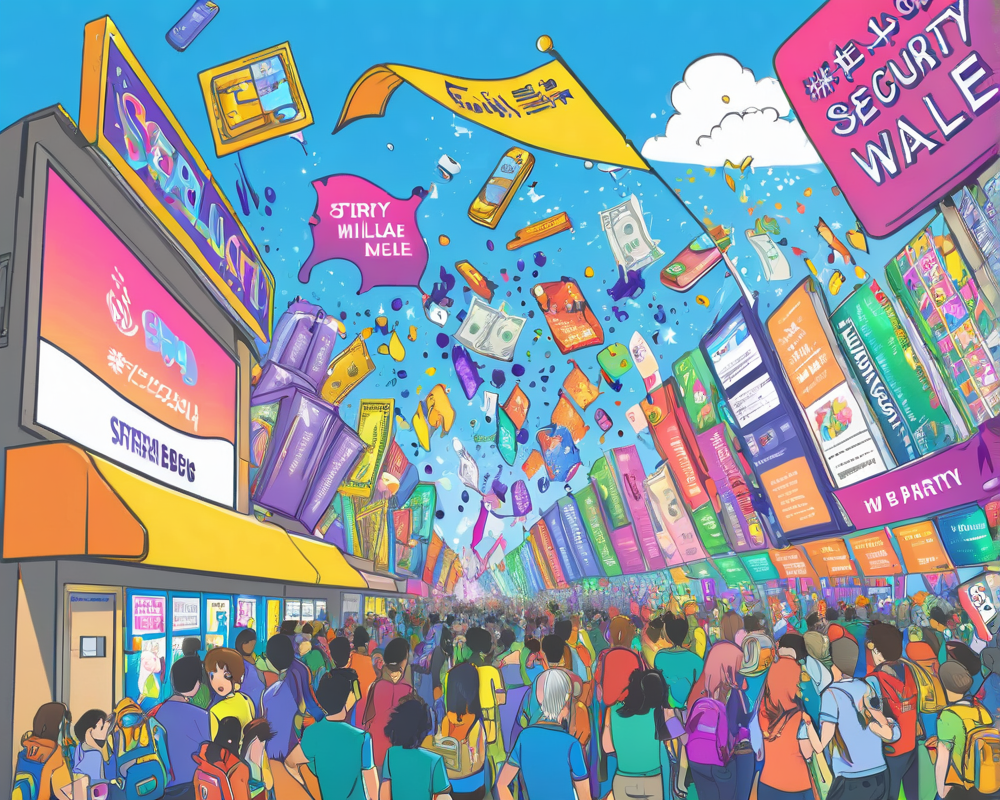The Call for Action
In a recent address to U.S. lawmakers, Brad Smith, the president of Microsoft, urged both governments and corporations to accelerate their efforts to regulate the swift advances in artificial intelligence. His call comes at a time when the capabilities of AI are evolving faster than a toddler can throw a tantrum, making the need for regulation not just advisable but imperative.
Proposed Safety Measures
Smith proposed a five-point blueprint to govern AI, which includes implementing “safety brakes” on AI systems controlling critical infrastructure. Think of it as putting a seatbelt on your AI: always a good idea, and potentially life-saving. Additionally, he emphasized the necessity for a comprehensive legal and regulatory framework to handle both current and emerging challenges related to AI technology.
A Shared Responsibility
During his speech, Smith pointed out that the responsibility for overseeing AI does not rest solely on the shoulders of the government. “It’s not just the government’s job to clean this up,” he quipped, echoing a sentiment that resonates across the industry. Companies must also actively participate in mitigating the risks associated with artificial intelligence – because, let’s be honest, nobody wants to be the one responsible for the robot apocalypse.
Supporting Licensed Development
In line with the idea of shared responsibility, Smith endorsed OpenAI CEO Sam Altman’s suggestion for a federal oversight agency that would issue licenses specifically for AI development. This would mean that only AI projects deemed “high-risk” could operate from licensed data centers. It’s essentially a sensible bouncer at the AI club refusing entry to anyone overly intoxicated on capability.
A Growing Consensus
The conversation surrounding AI regulation is far from a one-man band. Smith’s remarks come in the wake of widespread calls for regulation, including an open letter from the Future of Life Institute signed by tech titans like Elon Musk and Steve Wozniak. They even suggested a temporary pause in AI development—it’s like hitting the brakes on a roller coaster before it goes off the rails. With over 31,000 signatures on that letter, it’s clear this isn’t just a few folks raising hands at a tech conference.




